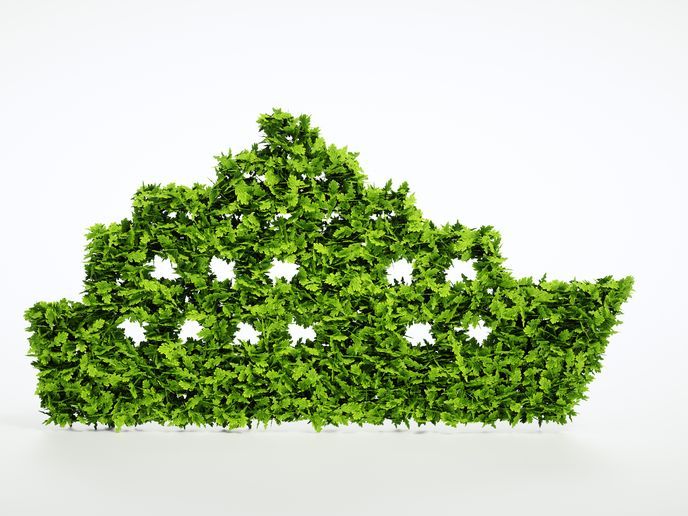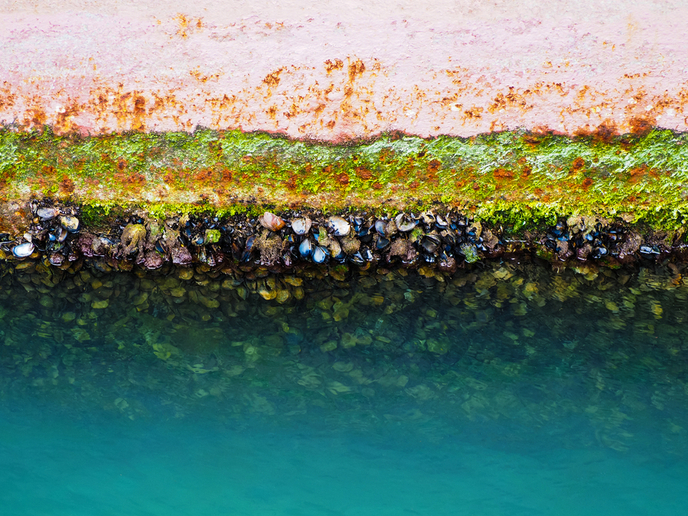Environmentally shipshape engines
Marine pollution is a major challenge to ocean-based ecosystems and the fish stocks on which fishing communities depend. One significant source of pollution is shipping and diesel engines, which power 99 % of the world’s shipping fleet. The EU-funded project HERCULES-B (Higher-efficiency engine with ultra-low emissions for ships) developed diesel engines for ships that consumed 10 % less fuel and produced ultra-low gaseous and particulate emissions. Constituting the second phase of an earlier EU-funded project, HERCULES-B worked with two European engine manufacturers who together represented 90 % of the global market. Project partners conducted several shipboard tests suited for two-stage turbocharging using both two-stroke and four-stroke engine types. The innovative two-stage technology increased pressure ratio capabilities and turbocharger efficiency compared to a single-stage turbocharger. Higher pressures and efficiency lead to increased engine power density and up to 50 % lower NOx emissions. Other important results included the development of transparent cylinder covers for both two-stroke and four-stroke engines for experimental combustion analysis. Fitted out with various measurement equipment, the arrangements enabled project partners to study in-cylinder fuel spray, gas flow, flame properties and combustion. Friction between piston ring and cylinder liner is a major source of power in two-stroke marine diesel engines. Researchers set up a friction test rig to accurately determine friction losses and wear resistance on piston rings and cylinder liner materials. Project work led to new designs of piston ring and cylinder guide shoe bearings that offered over a 25 % reduction in friction and improvement in wear properties. HERCULES-B developed prototype marine diesel engines that lower gaseous and particulate emissions, while increasing engine efficiency and reliability by reducing fuel consumption, CO2 emissions and engine life-cycle costs. The engine technologies developed in HERCULES-B will lead to a new generation of engines that will bolster Europe’s industrial competitiveness.
Keywords
Diesel engine, shipping, HERCULES-B, two-stage turbocharging, four-stroke engine







